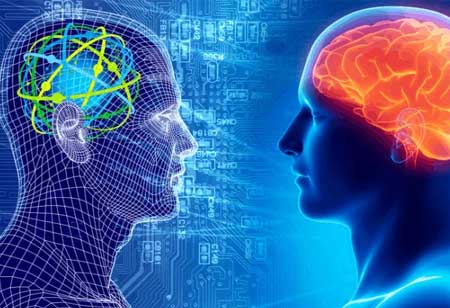THANK YOU FOR SUBSCRIBING
How Cognitive Computing Reshapes the Medical Industry?
According to experts, robotics process automation can improve patient relationships by providing them with relevant and contextual information without requiring staff interaction.

By
Apac CIOOutlook | Friday, April 02, 2021
Stay ahead of the industry with exclusive feature stories on the top companies, expert insights and the latest news delivered straight to your inbox. Subscribe today.
According to experts, robotics process automation can improve patient relationships by providing them with relevant and contextual information without requiring staff interaction.
Fremont, CA: It is no secret that the healthcare industry has changed dramatically as a result of the integration of technologies. These improvements have aided patients in receiving better treatment, recovering faster, and living better lives, while doctors have improved their diagnosis and saved millions of lives.
In recent years, artificial intelligence (AI) and cognitive technologies have gained a lot of traction and have become more widely adopted. The ability of cognitive and AI platforms to be used across the healthcare sector, including by patients and hospitals, has led to increased adoption. It imitates the way the human brain works and thinks by using data mining, pattern recognition, and natural language processing. The more data it receives, the more it will be able to make a decision.
There are significant advantages of utilizing cognitive computing for healthcare. These include:
• Medical research can be completed more quickly because large amounts of data can be analyzed quickly. Because of the ability to gather, juxtapose, and cross-reference data, this is possible. Medical records and data will be updated and made correct. This will allow practitioners to gain the necessary insight and formulate a strategy for providing the highest quality patient care possible, thanks to individualized treatment plans. It can also aid in the discovery of new relationships between genes, proteins, pathways, phenotypes, and diseases.
• Increased efficiency in daily processes: It can assist practitioners in improving their operational and clinical efficiency. With the right technology and healthcare delivery services, you'll be able to analyze and summarise patient data while still giving your staff enough time to care for your patients.
• Support healthier patient behaviors: By identifying key findings and disease projections, it will be easier to prescribe healthy habits to patients and persuade them to take better care of themselves.
• Better Customer Interaction: According to experts, robotics process automation can improve patient relationships by providing them with relevant and contextual information without requiring staff interaction.
See Also :- Top Artificial Intelligence Solution Companies





